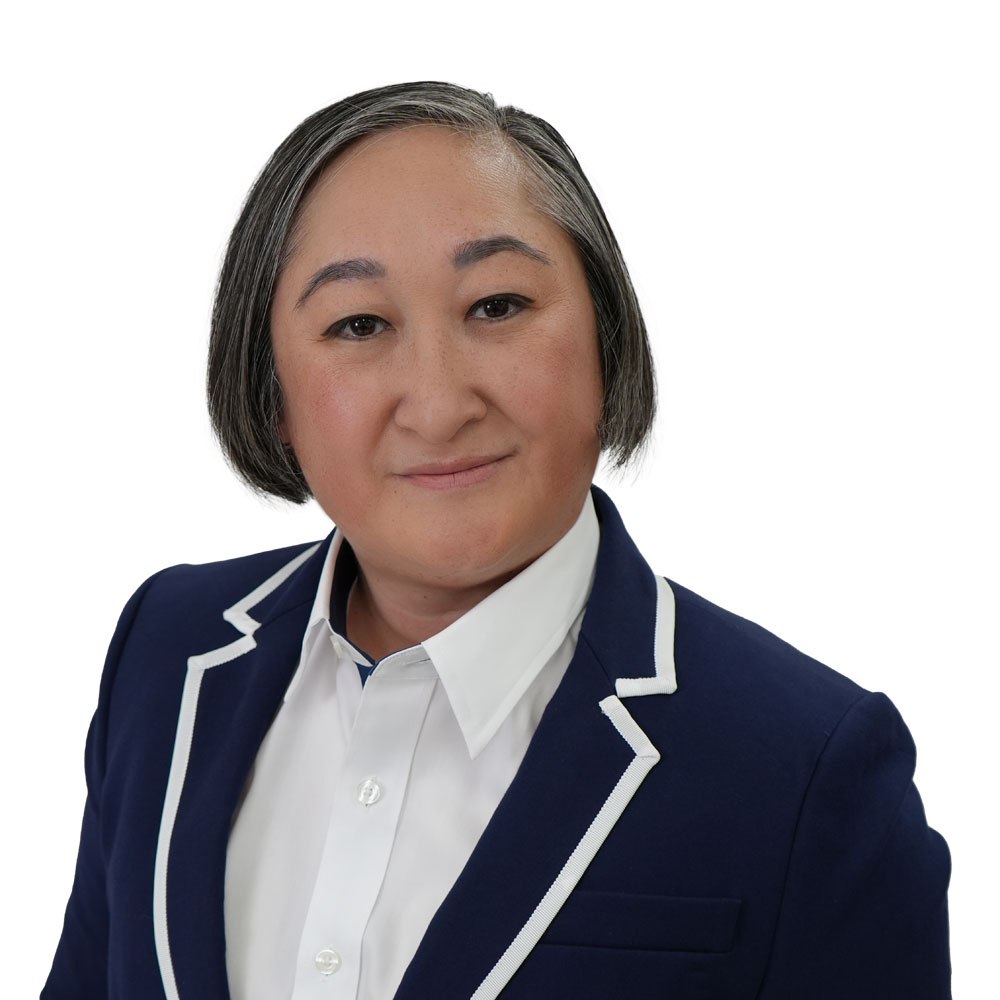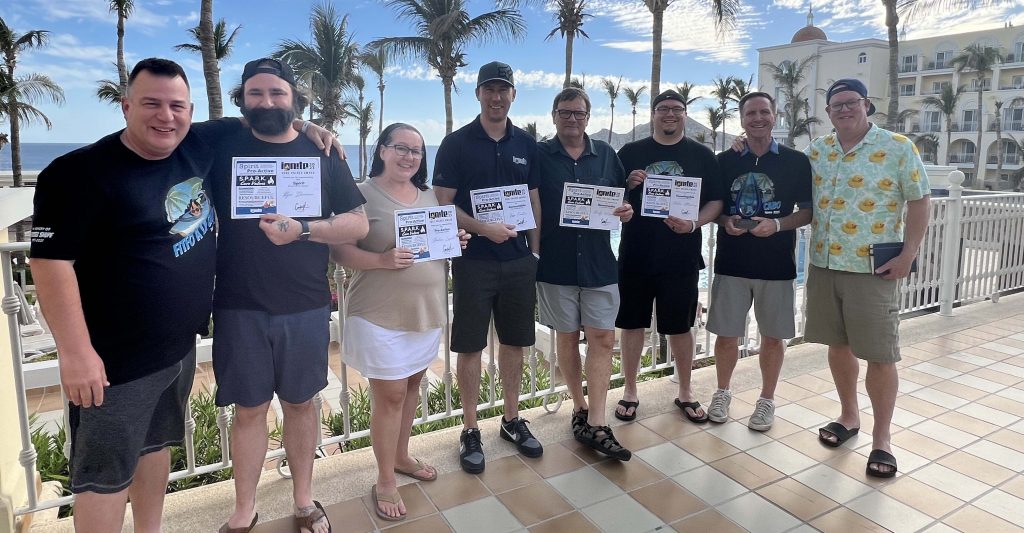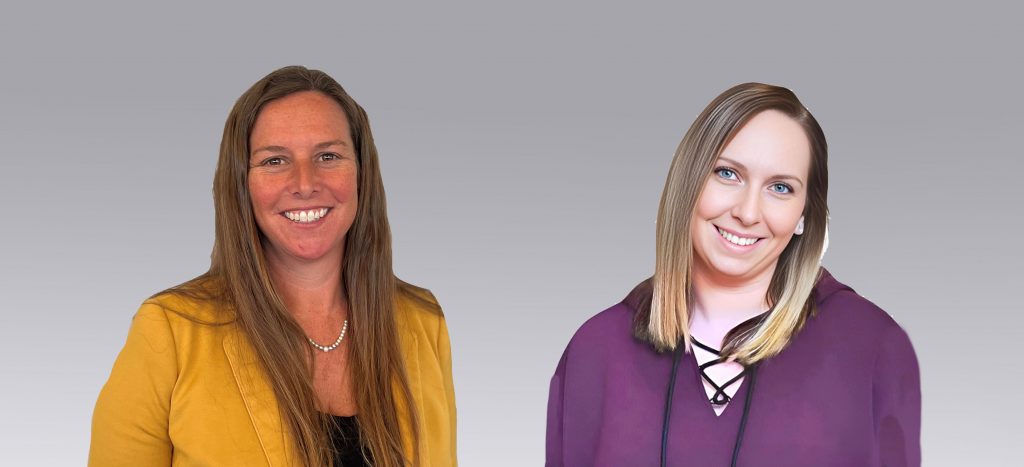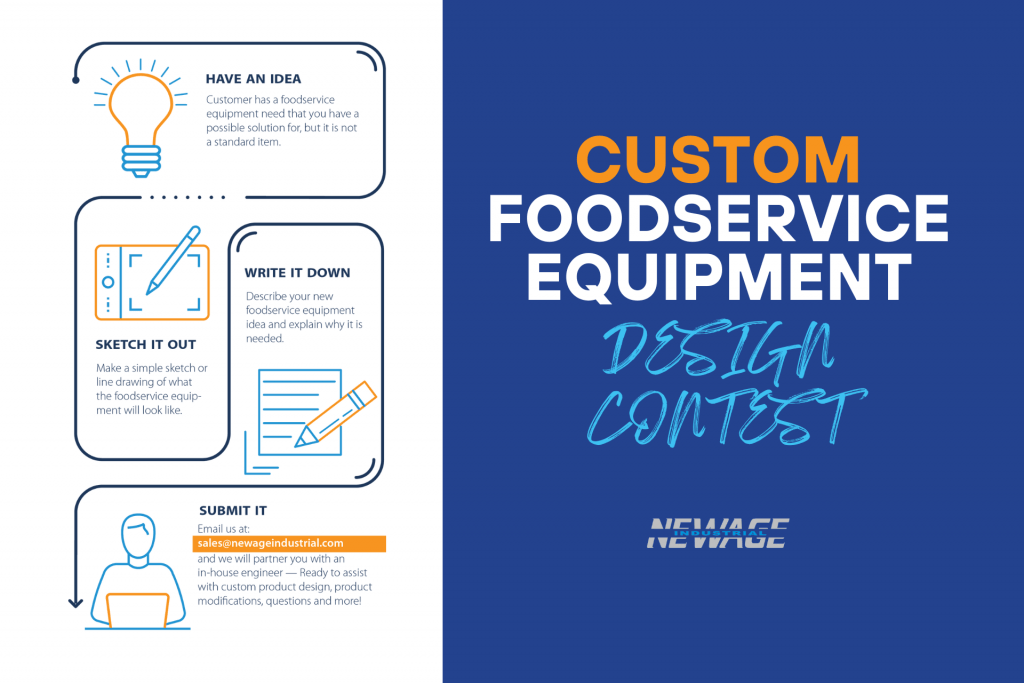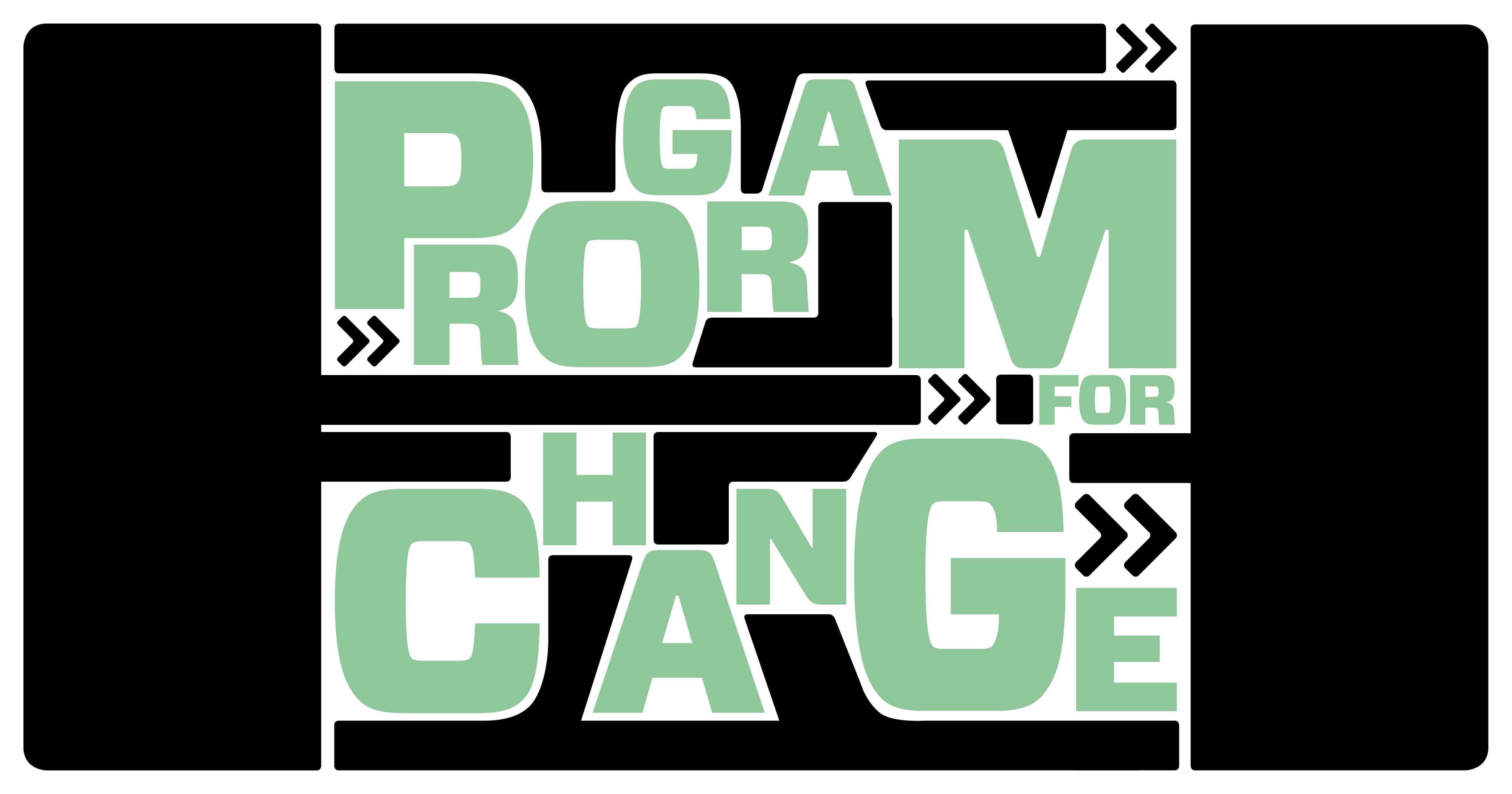
In 2013, Time released its 13 Gods of Food issue featuring three male chefs on the cover. The supporting editorial illustration consisting of a ‘family’ tree spread of four iconic male influencers and their lineage of chefs – all male barring two pastry chefs mentioned in the sidebar – sparked a media outcry at the lack of women represented. Where were the women? Everyone wanted to know, because they – the likes of Alice Water, Dominique Crenn and Barbara Lynch – were certainly out there. Time defended it as a reflection of the true influencers in the industry regardless of gender and not a media bias, while the editor admitted in subsequent interviews that, like many industries, “it’s still a boy’s club.”
Several years later, women represent only 19% of chefs and head cooks across the culinary world according to the James Beard Foundation (JBF). By comparison, women represent 24% of corporate CEOs nationwide. In a 2017 member survey from the American Culinary Federation, the number of female executive chef respondents was 48 (24% respondent rate; not indicative of total membership), with eight holding the title of owner, compared to 672 male executive chef respondents, 43 of which were owners. The discrepancy is not due to a lack of women pursuing the industry. In 2016, the Culinary Institute in America reported that 51.6% of enrolled students were female.
However you slice the data, this boy’s club, perceived or real, is something that the Foundation – with the support of Babson College, Audi of America, EDENS, and the non-profit Women Chefs and Restaurateurs – is hoping to change with the James Beard Foundation Women’s Entrepreneurial Leadership (WEL) program. Now going into its third year, the program provides up to 20 established female culinary entrepreneurs with a five- day entrepreneurial and leadership fellowship that culminates yearly at partner Babson College.
Fellows receive guidance on leadership, business planning and financing, and have an open forum into business ownership. To be considered, applicants have to have been in operation for at least three years, have over $1m in sales and be looking to take the next leap in their business. The WEL program joins the Foundation’s previously established Women in Culinary Leadership (WCL) program, a one-on-one training and mentoring program pairing aspiring female culinary professionals with top industry leaders.
“By having two programs and focusing not only on young professionals but also on those who have been in the industry for a greater span of time, we can provide these women with the skills it takes to succeed in the culinary industry – regardless of where they are in their career. We are looking for the next generation of powerful, focused women with a desire to grow,” says Katherine Miller, VP of impact at the James Beard Foundation.
Overcoming challenges
Starting and growing any business can have challenges, and research shows the actions and activities leading to success don’t differ by gender says Candida Brush, vice-provost, global entrepreneurial leadership at Babson College and WEL program faculty director. There is evidence, however, that it might be harder for women especially when it comes to financing and overcoming gender stereotypes. “If we look at women business owners generally, they start businesses with less funding (a Small Business Administration statistic) and therefore, they have more difficulty launching their ventures. There is evidence that women have less access to equity capital at start-up and sometimes encounter different terms from banks when they apply for loans. The economics would be a factor in discouraging women from starting businesses in the foods industry.”
Brush says both cohorts voiced challenges around being a better leader and fulfilling employees, positioning for growth, learning how to approach investors and increasing sales and profits. But she also notes that these common entrepreneur challenges were heightened by issues around gender stereotypes within the industry. “Anecdotally, and in conversations, many of the participants in both cohorts indicated that in their interactions with vendors, bankers, customers and other entrepreneurs, they were sometimes not taken as seriously as their male counterparts, and/or the external stakeholders would mistake a male on the team as the owner,” she explains.
Not being taken seriously enough is something that 2018 fellow restaurateur Emily Blount found herself facing when she opened the acclaimed Saint Leo in Oxford, Mississippi, after a career shift from New York City. Blount says she encountered being questioned every step along the way by “people who had no idea about my business” and recalls interactions with contractors and suppliers that often involved the question: “Where’s your husband?” She also pointed to challenges in management from both her male and female employees. “As a woman leader, you are forced to be super pleasant.” A far cry from the leadership styles that have historically shaped the kitchen.
“This is an industry where you never want to admit you don’t know the answers, so as a woman I have leapt into business relationships and jobs without feeling like I had a strong negotiating position,” says Liza Hinman, one of the program’s inaugural fellows. Hinman is chef and owner of The Spinster Sisters and co-owner of the newly renovated Astro Motel in Santa Rosa, California – a once rundown hotel turned into an urban destination. Hinman applied to the program while looking for her next entrepreneurial step after the success of The Spinster Sisters and says the program gave her the skills and confidence to help develop her new business plan. “Culinary school teaches you how to cook, but not how to negotiate a lease or a partnership deal,” she says.
2018 fellow Caitlin Corcoran, co- owner and general manager at Ça Va in Kansas City and a Level II Certified Sommelier, forged her path into restaurant management via the specialty coffee industry. She faced challenges along the way in her expertise and even her petite stature as a woman. Not having any formal training in management, she sought the program to be exposed to higher level business and finance classes through the lens of the restaurant industry and wanted to connect with other women business owners.
She says raising money is the biggest challenge facing women in the industry. “Implicit bias studies have shown people are more likely to help those who are similar to them. Most people who control access to money and investments are white men, who then give that money to people who are like them.”
Fighting gender inequity
Erik Noyes, associate professor, entrepreneurship at Babson College and one of the 2018 program’s panelists, says it is safe to say that less than 10% of all venture capital goes to women. “We see gender inequity in most to all industries. It’s about asking the question if industries themselves are gendered and which one is easier for women to get a foothold in.”
Laura Lentz FCSI, co-founder of Culinary Advisors, came into the hospitality world 20 years ago in Philadelphia at “the wrong place at the wrong time as a woman”. She believes one of the biggest challenges for women in the foodservice industry, outside of the restaurant, is its connection to the construction world, a male dominated industry. She says that being a woman in this industry means having to navigate conversations differently. Lentz often has to relay between the architect and the chef and says her position as a woman can alter the business conversation. “I’m an individual at a table that may be different for these people, especially if they are used to dealing with men. As a woman, I’m very aware of how I am perceived,” she says. However, she adds, nestling yourself into business relationships with males who can recognize the equity in women can build that network.
Get with the program
Since the programs have been initiated, restaurateur Kim Bartmann and her 2017 WCL mentee Nalini Mehta have co-launched the Happy Chef Program. Hinman has since gone on to open The Astro Motel while Blount is looking to expand into an event business, even considering going after venture capital funding where she hadn’t considered it before.
The Foundation plans to expand the WEL program to twice a year and is launching a day-and-a-half-long program that it hopes to roll out in six cities in 2019 and more than a dozen by 2020. These local programs – called Owning It – will bring together local investors, advisors and culinary professionals, along with trainers in media relations and financial planning to help women entrepreneurs thrive. Miller says we’ll see this program first in places like Chicago, Washington DC and New Orleans.
“Historically, women haven’t been taken seriously in this industry. That makes it more difficult for women to hold chef positions, assert themselves as the boss or leader, gather investors to start a business, and earn fair and equal pay,” says Miller. “Many of these issues aren’t unique to the culinary industry though – they’re systemic.”
But it begs the question, if this industry is hard for everyone, why shouldn’t this be a program aimed at all food entrepreneurs? “The enthusiasm supporting our Women’s Leadership Programs make it evident that women do not lack interest in holding chef positions, but are held back due to obstacles that are so closely intertwined with the industry,” says Miller. “We are striving to change that.”
Further details:
Program and industry info Program Women’s Entrepreneurial Leadership
Operator The James Beard Foundation
Partners Babson College, Audi of America, EDENS and Women Chef and Restauranteurs
Program launched 2017
Location Babson College
Duration Five-day course
Six cities Launching local programs in 2019
Brandy Gonsoulin

